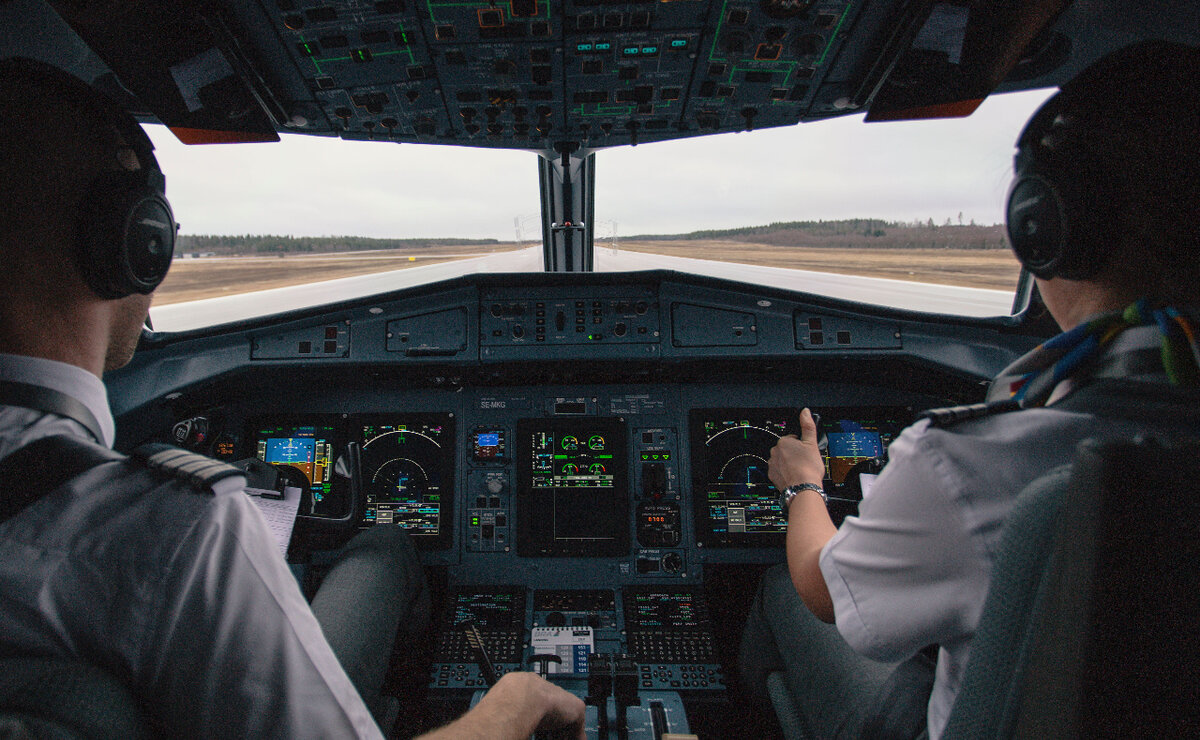Against the background of the Russian government’s demands to increase passenger traffic and develop domestic tourism, up to 80% of Russian airline employees may receive summonses as part of mobilization. As of September 23, workers in the transport sector are not on the list of those whom the Ministry of Defense has decided not to recruit.
From 50% to 80% of airline employees may be subject to partial mobilization, Kommersant newspaper writes. According to the publication, Russian airlines have already started receiving subpoenas from the military commissariat. Currently, transport sector workers are not included in the list of citizens who will not be called up for military service, published by the Ministry of Defense of the Russian Federation.
Pilots are not among those who will not be affected by mobilization
By this list, to ensure the operation of high-tech industries and the financial system, it was decided not to call for the mobilization of citizens with higher education who work:
- in accredited organizations that carry out activities in the field of information technologies
- in Russian communication operators and those involved in ensuring the stability, safety, and integrity of the functioning of communication facilities
- in system-forming organizations in the field of information and communication
- in organizations that ensure the stability of the national payment system and financial market infrastructure
Accordingly, neither pilots, flight attendants, nor those specialists who work on the platform, nor personnel who ensure the vital activity of the transport system, are on this list.
Airlines have already expressed fears that, in addition to pilots, the problem may also arise with ground staff. For example, representatives of IT services are valuable and rare specialists who have specific competencies that are difficult to replace.
Transport workers cannot be quickly replaced
It should also be taken into account that airports and airlines hire employees mainly after long checks. Example. Only those who have the necessary certificates from a narcologist and a psychiatrist are allowed to work in the sterile zone of airports. That is, finding, training, and sending a person to work in a sterile area is an expensive and time-consuming measure.
Among other things, according to specialized aviation media, several dozen air traffic controllers in Kamchatka, Magadan, and Irkutsk also received summonses.
“In some regions of the Russian Federation, this circumstance is already critical to the operation of aviation,” the publication quoted the president of the Federal Trade Union of Air Traffic Controllers, Serhii Kovalev.
The trade union appealed to Prime Minister Mykhailo Mishustin with a request to extend the ban on the recruitment of dispatchers and their colleagues.

